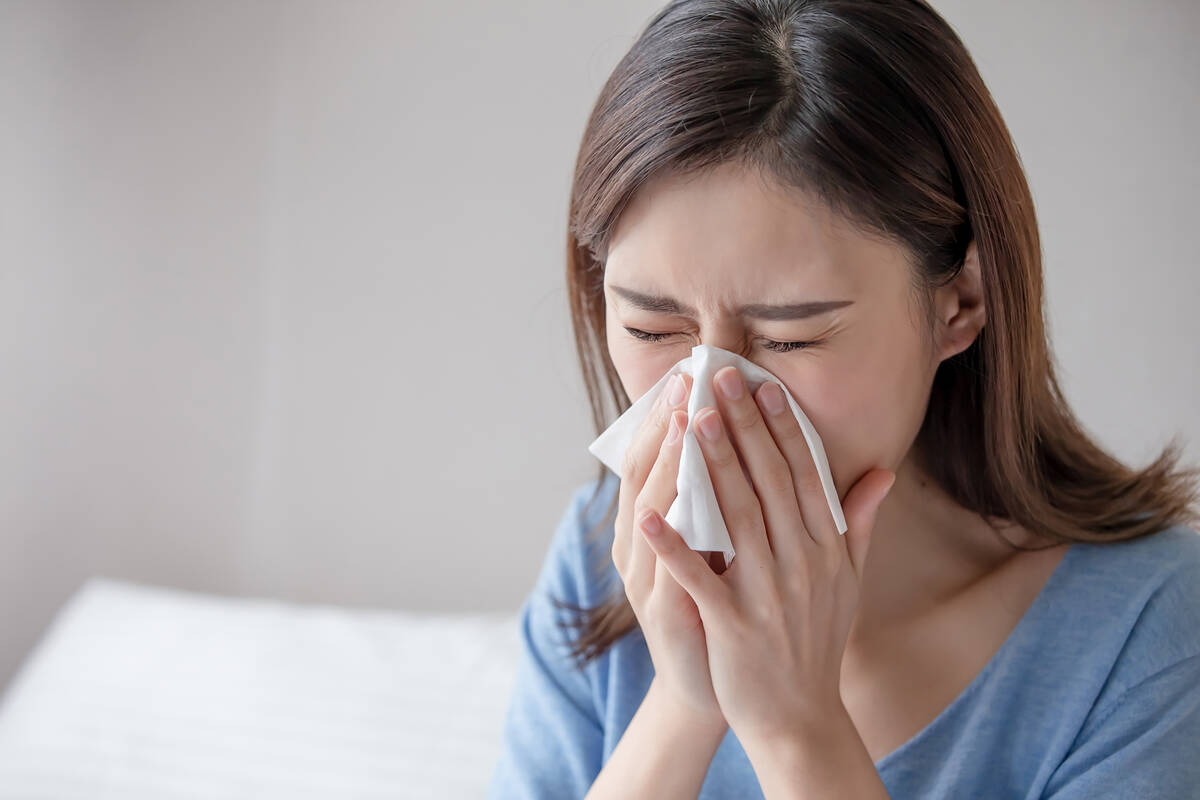A guide to surviving spring allergy season
The nose knows: Allergy season is starting earlier and lasting longer these days than it used to.
You cannot control when the trees bud or the flowers bloom, but you can take preventative steps to keep congestion, itching and sneezing from spiraling out of control — and ruining your spring, experts say.
Here are simple steps to help control spring allergies.
Ask about new treatments
Before reaching for the usual over-the-counter antihistamines, consider seeing your doctor. “A tailored treatment approach that’s individualized to your needs works best, and is the most cost effective,” says Dr. Clifford Bassett, an allergist/immunologist and medical director of Allergy and Asthma Care of New York. Your doctor can test you for specific seasonal allergens and determine the best treatment options for your sensitivities. Depending on your allergy, you could be a candidate for sublingual immunotherapy — drops or tablets containing small doses of allergens that boost your tolerance and reduce symptoms over time. He or she will also examine you to make sure your symptoms aren’t actually caused by something else, like a deviated septum, nasal polyps or an infection.
Start your meds sooner
In general, it’s wise to begin treatment one to two weeks before the onset of allergy season, Bassett recommends. (Always talk to your doctor before making changes to your allergy treatment plan.) Doing so can help keep inflammation under control, so your symptoms are milder. You may even find that you need to use fewer meds overall.
Limit your allergen exposure
You might not be able to avoid contact with pollen and other irritating gunk completely. But you can take steps to keep as much of the stuff out of your system as possible, so your symptoms don’t get crazy.
Protect yourself. Pollen is sticky, and it loves to cling to everything — including your eyelashes and hair. When you’re outside, wear sunglasses and a hat. Consider skipping sticky hair products like gels or pastes, too. “They create a pollen magnet,” Bassett says.
Save outdoor activities for later in the day. If you like to exercise outside, do it in the afternoon or evening, when counts are lower.
Pass on outdoor chores. Things like gardening and mowing the lawn will likely aggravate your symptoms, so delegate them to family members without allergies if you can.
Shower at night. Washing pollen off your skin and hair means you won’t be breathing it in while you sleep, says Dr. Purvi Parikh, an allergist with the nonprofit Allergy &Asthma Network. It also keeps pollen from getting transferred to your sheets and pillows.
Stay inside on high pollen days. Use an app like Allergy Alert to track local pollen counts. When they’re high, try to limit your time outside as much as possible.
Keep the pollen outside
It’s easy for pollen and dust to make its way into your home. And being exposed to allergen-saturated air for hours at a time will only make your symptoms worse, Parikh says. Follow these tips to keep your indoor space cleaner, so you stay more comfortable.
Run the air conditioning instead of opening the windows at home or in the car. If you have forced air, use a high-efficiency filter to block pollen and dust particles.
Use a stand-alone air purifier with a high-efficiency particulate filter (HEPA) in your bedroom. (Avoid ionic electrostatic room cleaners, which can actually cause pollen to stick to walls and surfaces.)
Vacuum frequently to suck up pollen, dust, and dander.
Change your sheets at least once a week, and wash them in hot water.
Take your shoes off before coming inside.
Seek relief
Nasal steroid sprays may be your best bet for keeping congestion at bay. Unlike other treatments and remedies that only temporarily relieve symptoms (like oral antihistamines or saline rinses), nasal sprays work by reducing inflammation and mucus in your nasal passages over time, Parikh says. Plus, they’re safe for both adults and kids — and tend to have minimal side effects. You can get sprays like Flonase Sensimist over the counter, but prescription sprays are also available. Talk to your doctor to determine which option is right for you.

















